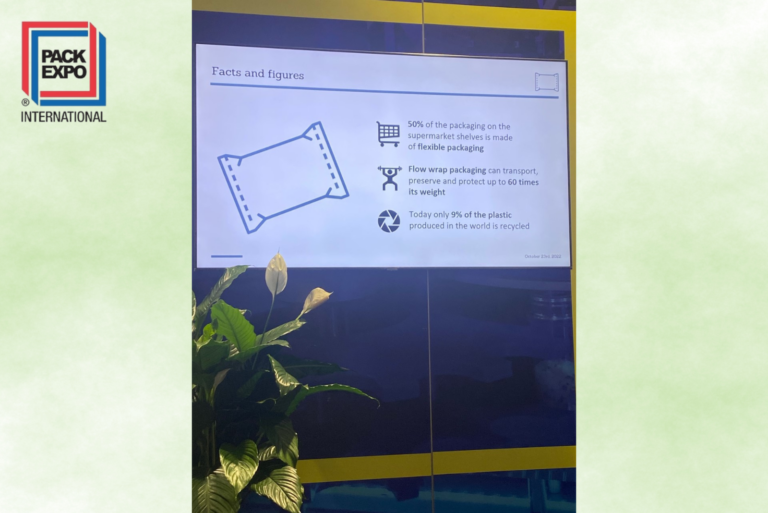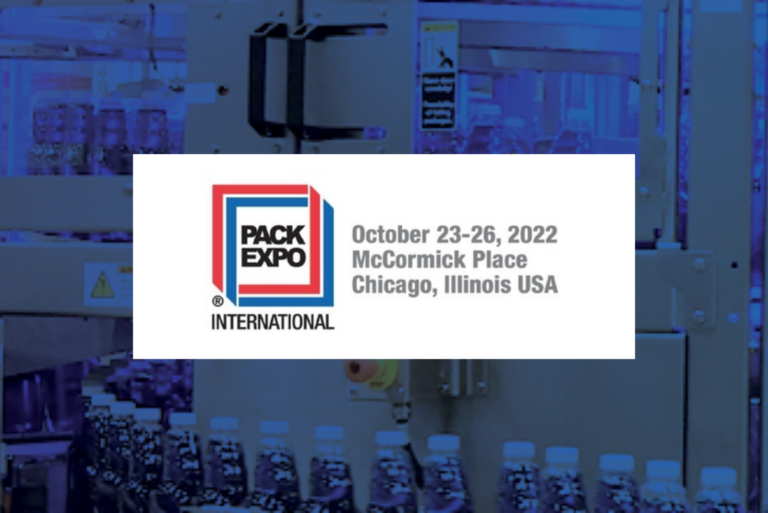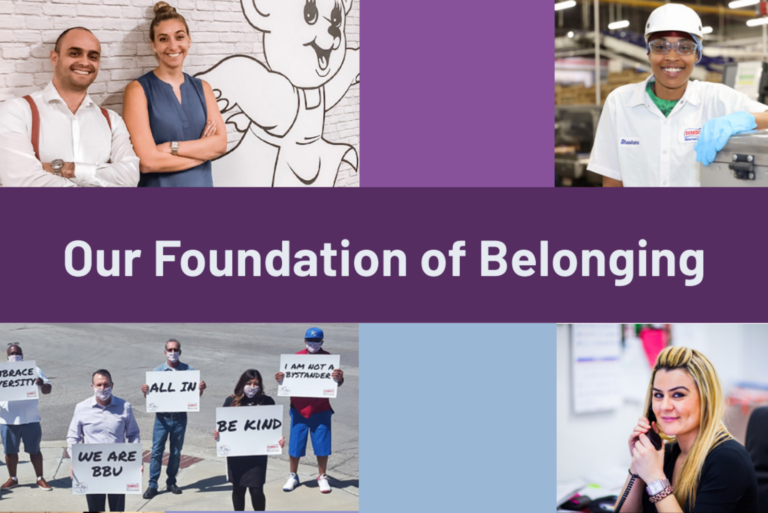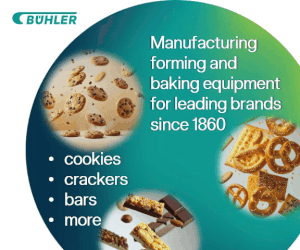CHICAGO — Young girls rarely say, “I want to grow up to do business in a man’s world.” However, that was true for Dawn Hudson, former CMO of the National Football League and former president and CEO of Pepsi-Cola North America. As keynote speaker for PMMI’s Women’s Leadership Network breakfast during Pack Expo International, which took place Oct. 23-26 in Chicago, and co-author of You Should Smile More: How to Dismantle Gender Bias in the Workplace, Hudson shared her perspective on workplace diversity and navigating gender nuances during the evolution of corporate culture.
Although there are statistically more women in the workplace today than even a decade ago, many gender-bias nuances still exist in corporate culture. One thing Hudson has learned in her career is that putting problems aside will only make them fester. When there’s a problem, sometimes leaning into it can create effective solutions.
“When there’s a moment of stress, an organization will change more — and change faster — than when everything was going well,” she said.
As a co-author of You Should Smile More, Hudson is driven to educate women on how to overcome challenging business scenarios in male dominated industries, as well as guide male executives in the #MeToo era.
“We don’t want to create a situation where men feel they can’t be themselves,” she said. “So, we thought we should educate men on those little things that are hard for women and that men might not even think about. And we can help leaders, regardless of gender, to create a culture that’s more inclusive.”
It’s in those cultures that better performance happens from the totality of the team.
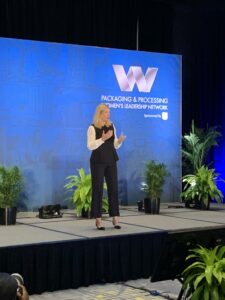 For example, Hudson observed that, in her experience, women will more often ask how they can improve rather than tout their strengths. Too often, the result is that they’ll be given areas to work on instead of being trusted to take on larger roles or more difficult tasks.
For example, Hudson observed that, in her experience, women will more often ask how they can improve rather than tout their strengths. Too often, the result is that they’ll be given areas to work on instead of being trusted to take on larger roles or more difficult tasks.
Winning, she advised, comes from leveraging personal strengths.
“Don’t try to be who you’re not,” she said. “If you have to work for somebody, work in an environment that lets you feel like you can bring yourself — and your strengths — to work. You can make your weaknesses better, but you win off your strengths.”
And in problem-solving, win-win solutions come from putting yourself in the shoes of others.
“In this world of Zoom, sometimes there’s nothing that takes the place of face-to-face when you have to discuss tough issues or sell people on making a significant investment,” Hudson said. “And it helps not only to know people on a transactional basis, but I’ve learned to also take a personal approach and treat everyone as people.”


